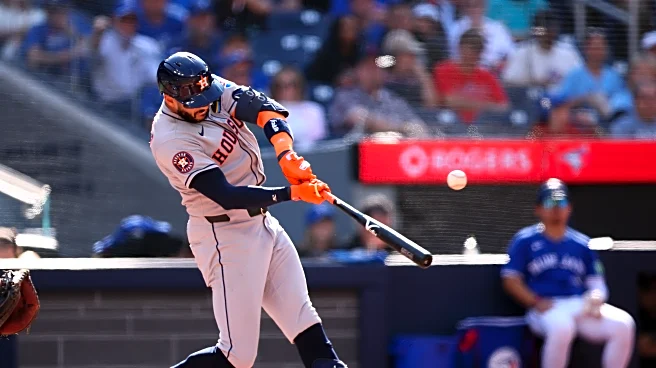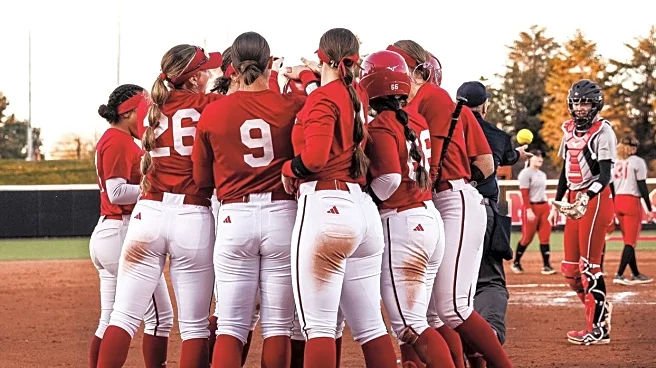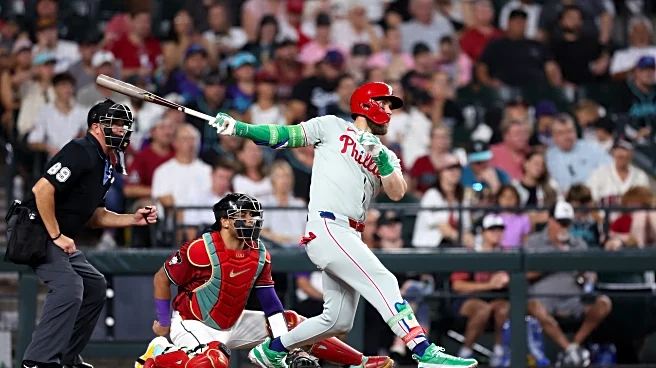As we adjust to and accept the fact that the Astros are on the outside, looking in, at the postseason, maybe it’s time for 3 Astros Things. It’s too early for me discuss what off-season changes should
be made. It takes some time to let the emotion dissipate and make objective suggestions.
- Looking Back At The 2025 Season
Yes, I was pissed at the way the Astros frittered away their post-season chances over the last two weeks. But as I set aside the emotional reaction, objectively the Astros did well to achieve 87 wins, losing a post season berth on a tie breaker. Given the level of injuries, there is some merit in the way that the Astros missed their goal by the slimmest of margins.
The problem with constructing a team to contend under the current playoff format is that the team’s outcome is subject to the luck and fortunes of other teams. If the Astros were in the NL this season, 83 wins gets you into the playoffs. Last season, an AL team with 86 wins made the playoffs. On Monday, it appeared that 87 wins would stand a decent chance of getting the Astros into the playoffs. But when you are looking at 1 game margins as the deciding factor, well anything can happen.
The ZIPS preseason projected WAR for the Astros position players was 26. The 2025 Astros ended the season with 21 WAR for position players. The ZIPS preseason projected WAR for Astros pitchers was 21. The Astros ended the season with 17.9 WAR for pitchers. This means the Astros actual total WAR ended up 8.1 less than ZIP projected for the season.
Baseball Prospectus and Fangraphs have projected that the Astros lost 13 – 17.9 WAR due to injury. So this would suggest that the Astros’ performed well because they were only 8.1 WAR less than the pre-season projection— which was substantially less than the WAR impact of their injuries. This strike me as particularly true of the pitching staff. How do you lose 3 of the team’s starting rotation plus the closer and back up set up reliever and still only come up 3 WAR below projections? That seems like almost impossible resiliency.
In December, after analyzing the projections in detail, I suggested that an Astros range of 88-91 Astros wins would be reasonable. At that point, obviously I didn’t know the extent of injuries the Astros would face this season. Thus, the actual 87 wins, just one game short of that projection range, seems like unexpectedly good performance.
This rationalizing doesn’t change the outcome. The Astros still fell short. But it’s far from a justification for “tearing it all down.” With better health, the Astros should contend next season.
2. Christian Walker
I watched a Mets game last weekend, and the analyst announcer pointed to Francisco Alvarez’s offensive stats in his team’s wins and in losses. He argued that the OPS differential was much larger than for most hitters and was probably unique. He felt this was a significant factor in the Mets’ season.
I looked up the split stat for Walker and the resulting margin between his play in wins and losses was similarly large. (Francisco Alvarez had a 1.1 OPS + in wins and 94 in losses.)
in wins and 94 in losses.) Here are Walker’s split stats in team wins and team losses.
BA /OBP / SLG / OPS
Wins .297, .359, .557, .916 (OPS+ 117)
Losses .116, .216, .248, .464 (OPS+ 64)
Generally I would expect that players’ performance differential in wins vs. losses is somewhat correlated. But a 452 point differential, in Walker’s case, seems larger than expected. For instance, Jeremy Pena’s OPS differential between wins and losses is 291 points. Jose Altuve has little difference in his OPS between wins and losses—and in fact hits better in losses than wins.
For whatever reason, a good hitting performance by Walker was critical to the Astros winning games. Or so this split would suggest. Or maybe when Walker is not hitting at all, it shifts batting responsibility to the other batters in the lineup, and they are unable to provide sufficient offense to win the game. In any event, it is an interesting statistic.
Walker’s contract is not a good one. But I’m not really in favor of commenters suggestions to trade him. For one thing, it’s unlikely to happen, given financial, organizational, and contractual factors. If Walker could provide an offensive performance in 2026 equal to his second half of this season, his offense would be more than adequate—in fact, it would be about the same as the Astros expected when they signed him.
Second Half Walker Performance
BA /OBP / SLG / OPS
.250, .312, .488, .799 (wRC+ 120)
Are we guaranteed that he will repeat the second half for a full season in 2026? No. But I have to think there is a pretty good chance that he could come closer to that level than a repeat of full season 2025.
3. Espada’s Future
After the Astros missed the playoffs, some fans want to see the manager replaced. Chandler Rome’s article in the Athletic looked at this question. Judging from the article, it sounds like Espada’s job is safe.
Rome quotes GM Dana Brown speaking of Espada’s job security:
“The way I see it, I haven’t sat down and gone through it yet, but from my initial thought process, Joe did a good job, pressed a lot of the right buttons,” Brown said on Sunday. “But I will definitely sit down and we’re going to talk about all staff — whether it’s the coaching staff, my staff, player development, scouting, everything.”
“As far as I’m concerned, Joe is under contract,” Brown said from his suite at Angel Stadium. “We’re going to take a complete look at all of our operations. As far as I’m concerned, Joe worked hard through this season. We had to battle through a ton of injuries, and I really think the injuries (are) what caused us not to get to the postseason.”
My reading is that Espada is unlikely to be fired, but coaching staff changes could be possible. We will see as the off-season unfolds.
Personally, I’m not convinced that a managerial change is a good idea. To me, it depends on whom might feasibly replace him. I don’t want to start over with an inexperienced manager. Moreover, in order to move in the direction that Luhnow started, the manager should have progressive views on analytics and sabermetrics. Preferably a new manager should have proven success in the post season—and that limits the potential candidates quite a bit. Finally, we need to avoid managers under contract with another team in 2026, because otherwise the Astros might have to give up a draft choice to sign the new manager.
Changes in the offensive coaching staff is another story. The Astros need to work on adjusting the Astros’ batters approach at the plate. Sometimes teams need to inject new ideas and new voices from other organizations to prevent existing teaching techniques from becoming stale.
Again, we will see what Dana Brown’s “review” decides.









